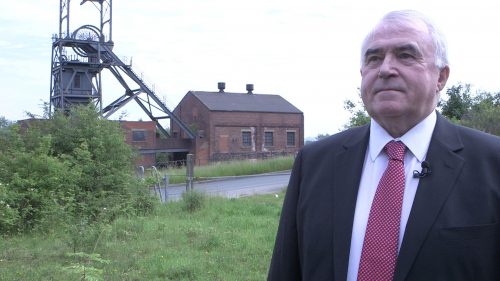Trust asks for £40m fund to regenerate former coalfields

The organisation tasked with regenerating the former coalfield areas of the East Midlands has asked the government to set up a £40m investment to help build 400,000 sq ft of industrial space that it says will support 1,000 jobs.
The Coalfields Regeneration Trust, the organisation dedicated to the 5.5m people living in former mining towns and villages throughout Britain, asked the government at a special event at Westminster, ahead of yesterday’s terrorist attack.
The Trust says that priority areas in the East Midlands include Chesterfield, Mansfield, Bolsover and Nottingham all of which report significant numbers of their populations living in the top 20% most deprived communities in the country.
Some 58% of the Nottingham population (179,876 people) live in the top 20% most deprived communities with just 31% in full time employment compared the national average of 39%. This equates to over 17,000 people of working age. Whilst in Bolsover, 33% of people have no qualifications compared to 22% nationally and in Mansfield 24% have limiting long-term illness compared to 18% nationally.
The £40m will be used to develop new industrial space in the coalfields bringing much needed jobs to the communities. The Trust says ober the next 25 years this will produce £50m in sustainable income, which in turn will be invested in to social impact projects, creating a wellbeing value of £500m and a generation of lasting legacy.
Chairman of the Coalfields Regeneration Trust, Peter McNestry (pictured), said: “People may think that £40m is a lot of money to ask for, but when you consider the scale of the challenges that still remain, it requires this level of ambition if we are to make the significant and lasting impacts needed.
“We need to get these communities back on their feet. We’ve come some way since the closures but there is more that needs to be done. We know that we can deliver a social return on investment of £10 for every £1 spent. There is no other organisation in the country that could achieve this in our communities.
“We’ve set out our case and made it clear that we are looking for government to be an investment partner and in return it will see a huge social and economic return to the coalfield communities at a time when there is much interest in the plight of post-industrial communities. We know that we have people who want to work, want to learn, want to spend locally and want to create communities that are alive with opportunities. We need to support them to do that.”







